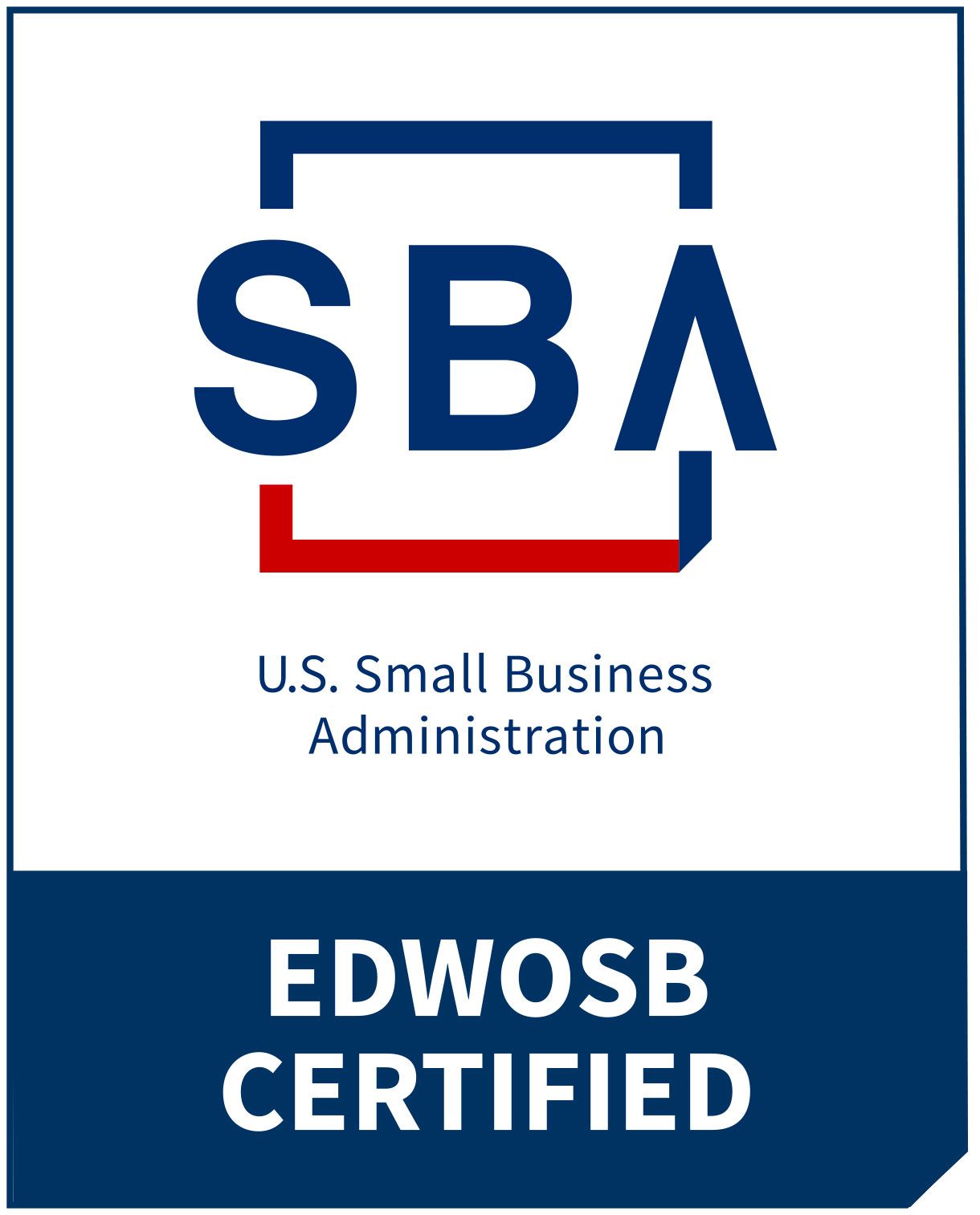The clinical exam test KSA is a "knowledge, skills, and abilities statement. These statements describe the discrete knowledge components that may be tested in each part of the examination and are the basis for individual test questions."
Topic included
· Human development, diversity, and behavior in the environment 24%
· Assessment, diagnosis, and treatment planning 30%
· Psychotherapy, clinical interventions, and case management 27%
· The intervention process
· Professional values and ethics 19%
Allocate specific time slots for studying each section of the exam. Consider your daily routine, energy levels, and other commitments to create a realistic schedule. Be flexible and open to adjusting your schedule if needed. Remember, consistency and thoroughness are key to solid study habits.After studying for the test I took the ASWB practice test. After taking the test, I looked at which topics was my weakest and went back in to review those areas more thoroughly.
Different perspectives: Studying with peers allows you to gain insights from various perspectives. Each group member may interpret and understand concepts in distinctive ways, leading to dynamic discussions that can deepen your understanding of the material.

It's important to analyze the context and purpose of the question. Consider why the question is being asked and what the person is trying to achieve with it. Understanding the underlying principles or concepts allows you to think critically about how the question connects to the broader subject matter.
Reducing stress before a test can be achieved through various methods. Practicing relaxation techniques such as deep breathing, meditation, or visualization can help calm the mind. Getting adequate rest, eating well, and engaging in light physical activity can also contribute to reducing stress levels. Lastly, it's important to maintain a positive mindset and remind yourself that you've done your best to prepare.
This is where I believe you must understand how you learn. I learn best through reading and writingThere are several different learning styles, including visual, auditory, read/write, and kinesthetic/tactile. Visual learners prefer to see information through charts, graphs, and diagrams. Auditory learners grasp information best through listening and speaking. Read/write learners prefer to learn through reading and writing, while kinesthetic/tactile learners learn best through hands-on activities and movement. Understanding these different learning styles can help you tailor your studying approach.In preparing for the Master's level exam, I rewrote the entire ASWB study guide. I had over 50 pages of handwritten notes, which I rewrote and converted into my own words. Then, I took the notes again and reduced them to two pages.

You can find the NASW code of ethics online for free. You should have them memorized and a clear understanding of your duties in upholding them.
Remind yourself that you have prepared diligently and approach the exam with confidence and a positive mindset.
When I took the test, I was determined not to take it again. I am a bad test taker, but I knew I did not have the money to retake it, so when I walked in, I said, "I am passing this test!" and I passed the first time. I did not even pay attention to my score, I just looked for the words passed.
You got this!




